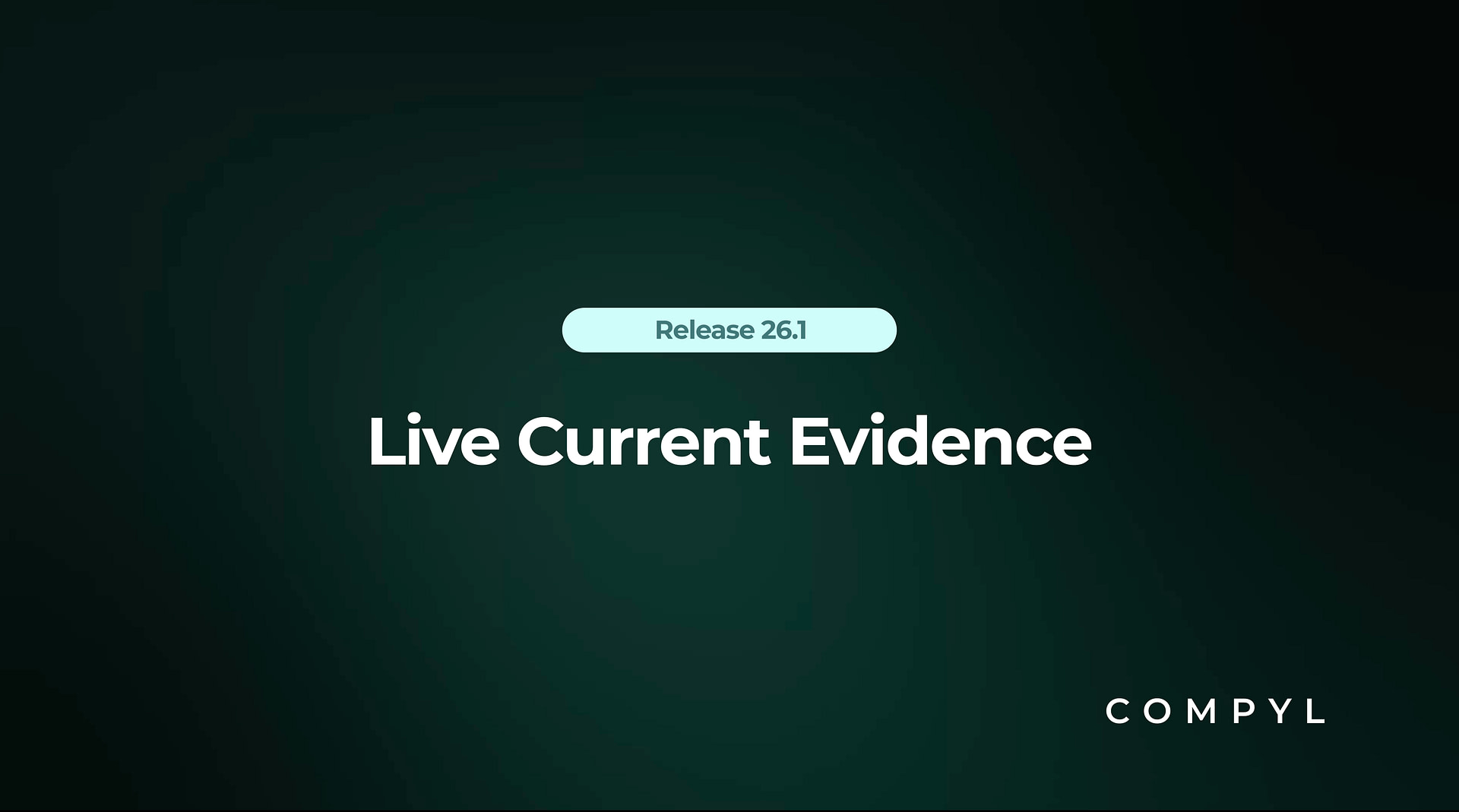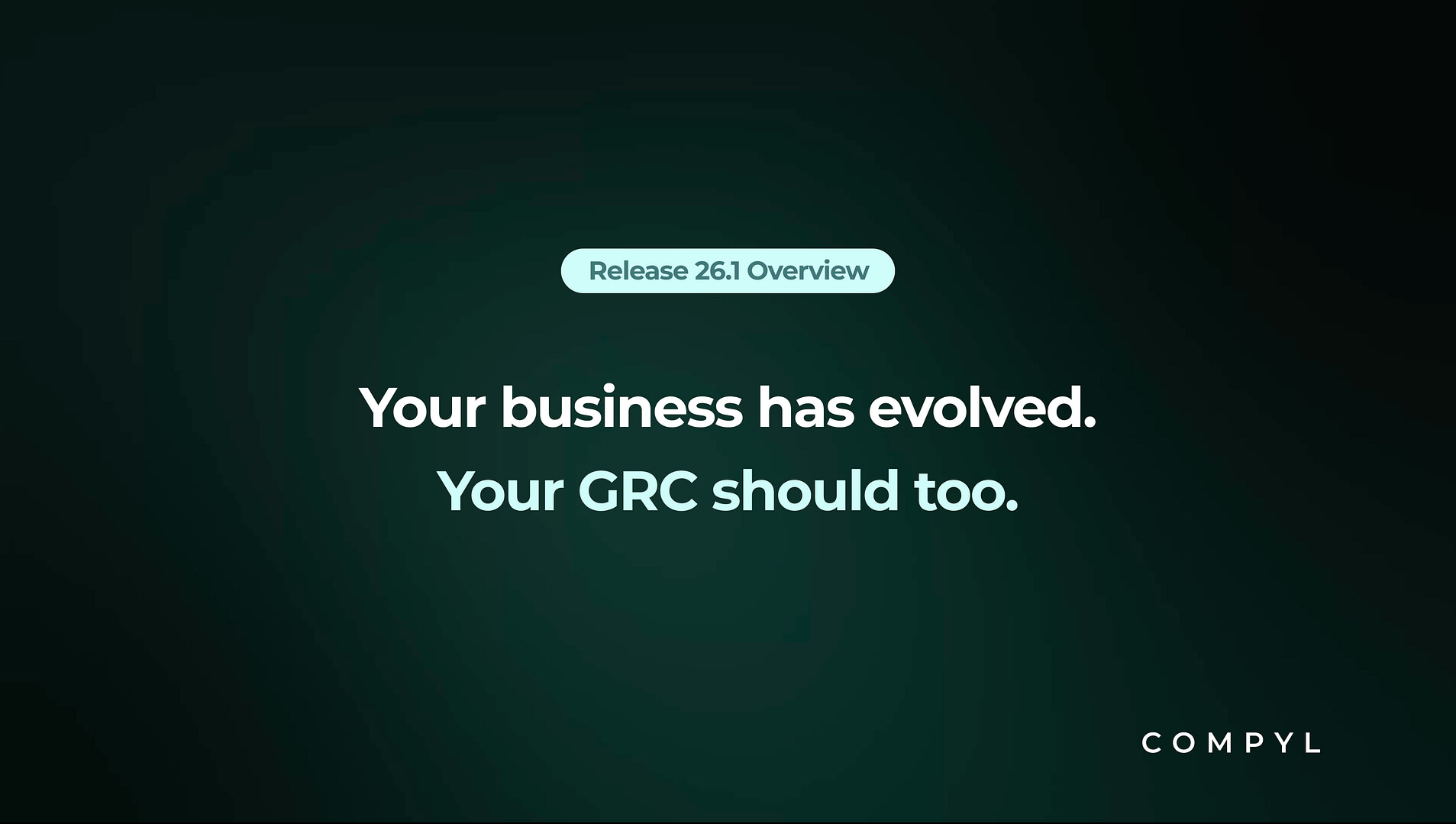Healthcare organizations have a range of compliance requirements, from HIPAA security standards and government regulations to professional ethics guidelines and payment processing stipulations. To successfully juggle so many legal and regulatory requirements, enterprises need to establish a detailed compliance program. A healthcare compliance program is a framework that outlines the scope of your compliance needs, as well as the responsibilities, policies, and processes necessary for execution. A good compliance program in healthcare offers many benefits for hospitals, laboratories, private practices, medical device manufacturers, pharmaceutical companies, and countless other healthcare businesses.
Why Are Compliance Programs Important in Healthcare?

Some types of compliance aren’t optional for healthcare companies. HIPAA standards require healthcare providers to maintain the confidentiality of patients’ protected health information. To achieve compliance, your facility must meet the requirements of the HIPAA Security Rule and Privacy Rule:
- Performing an in-depth risk analysis
- Designating a security official and compliance officer
- Preventing unauthorized access to patient data — both physically and digitally
- Protecting PHI with access controls, data backups, and technical security measures (e.g., anti-malware software, firewalls, encryption, and network monitoring)
- Obtaining a Business Associate Agreement from all third-party vendors that handle PHI, including email services
Compliance isn’t something that happens automatically or by accident. It requires careful planning, deliberate effort, and ongoing training. Having a compliance program that tracks your progress is a huge help in avoiding HIPAA violations.
Is the effort worth it? Considering the penalties for HIPAA violations, absolutely. That’s another benefit of compliance tracking. Many violations have fines that range from $1,000 to $10,000 on the low end. Deliberate non-compliance can land huge penalties of up to $1.5 million.
What Are the Benefits of a Compliance Program in Healthcare?
Avoiding penalties isn’t the main reason a healthcare compliance program is good for your business.
1. An Excellent Reputation
Many physicians and hospitals have spent decades building a good relationship with patients and a reputation for excellent care. These days, patients also want to feel that their personal data and medical history are safe. Compliance programs help your staff adhere to good cybersecurity practices, reducing the risk of a data breach and the reputational damage that follows.
2. The Highest Level of Patient Care
Cybersecurity threats can also put your patients in danger. In the past, the goal of hackers was merely to steal the financial information of patients, such as social security numbers or credit card data.
Identity theft is bad enough, but today’s cybercriminals are increasingly putting the lives of patients on the line. Ransomware attacks can cripple hospital computer systems, medical equipment, and generators, cutting off life-saving treatment for the patients who need it desperately.
Avoiding ransomware threats primarily means training staff to recognize and avoid malware and phishing scams. Harmful emails contain malicious links that can result in stolen credentials. A robust compliance program can drastically reduce this risk, especially if it includes monitoring for suspicious logins or activity.
3. Legal Protection

The cost of ransomware attacks or data breaches doesn’t stop with regulatory fines. Affected patients can also take healthcare providers to court for negligence. By showing that your organization followed an industry-recognized compliance program and took reasonable precautions to prevent a cyberattack, you can lower the likelihood of successful claims.
4. Enhanced Risk Management
Data breaches and ransomware don’t just put patient data at risk. They also jeopardize financial records, bank accounts, and operating capital for hospitals and insurers.
The process of HIPAA compliance forces healthcare organizations to perform risk assessment and management activities. Implementing an ERM or GRC framework provides significant benefits for the entire organization. When you’re aware of cybersecurity vulnerabilities, you can take action to protect your organization from the ground up.
A risk management framework also improves your decisions. Greater data and insights lead to more precise solutions.
5. Greater Insights Into Personnel
Sadly, not all employees are as trustworthy as they once were. From snooping into private patient records to outright theft, an increasing number of risks to healthcare organizations are internal. Robust compliance can help in a few ways:
- Offering real-time insights into suspicious behaviors
- Allowing you to track the progress of individual employees in regard to compliance
- Providing automated logging and evidence-gathering features for incident-related inspections
- Making it easier to know what type of corrective actions are warranted in different circumstances
Compliance software can reveal red flags before they turn into full-scale data breaches, fraud, or theft.
6. Efficiency
Another advantage of the enhanced visualization that comes from following a compliance program is that you can see more easily ways to streamline your workflow. With state-of-the-art software, some improvements are automatic:
- Automated task assignments
- Automated document creation and storage
- Event-specific workflow chains
- Automated compliance actions
- Automated alerts
For example, hospital workflows can remind personnel to fill out specific compliance-related forms and then automatically upload the respective documentation to the correct centralized location. This reduces the risk of human error without taking up additional time.
Other improvements happen precisely because you have better insights into the weaknesses of your operations. As you correct these vulnerabilities for compliance, you promote efficiency and productivity at the same time. A great example is eliminating redundant tasks by adhering to a uniform document policy.
7. Top-Tier Cybersecurity

Cybersecurity protection isn’t always about spending the most money. Often, it’s about following the correct practices when handling data, software, and electronic devices. This is important for small businesses as well as large ones.
PCI DSS compliance standards for payments are a must for private clinics that accept credit cards, but they also represent data security best practices. Considering that over 40% of all data breaches target small businesses, adopting a stronger cybersecurity posture is one of the best investments you can make.
Good compliance hygiene doesn’t need to be overly complicated. With a cybersecurity platform, administrators can keep an eye on logins and network health. It’s especially important to create strict rules around email links, phishing scams, and internet browsing. Multi-factor authentication and limiting sensitive data to senior employees also help prevent attacks.
See the Benefits of a Compliance Program in Your Healthcare Organization
Compyl can streamline cybersecurity and compliance for HIPAA, PCI DSS, GRC, and other frameworks. Powerful automation tools lead to many benefits for a compliance program in healthcare. Discover the advantages of working with Compyl today.




